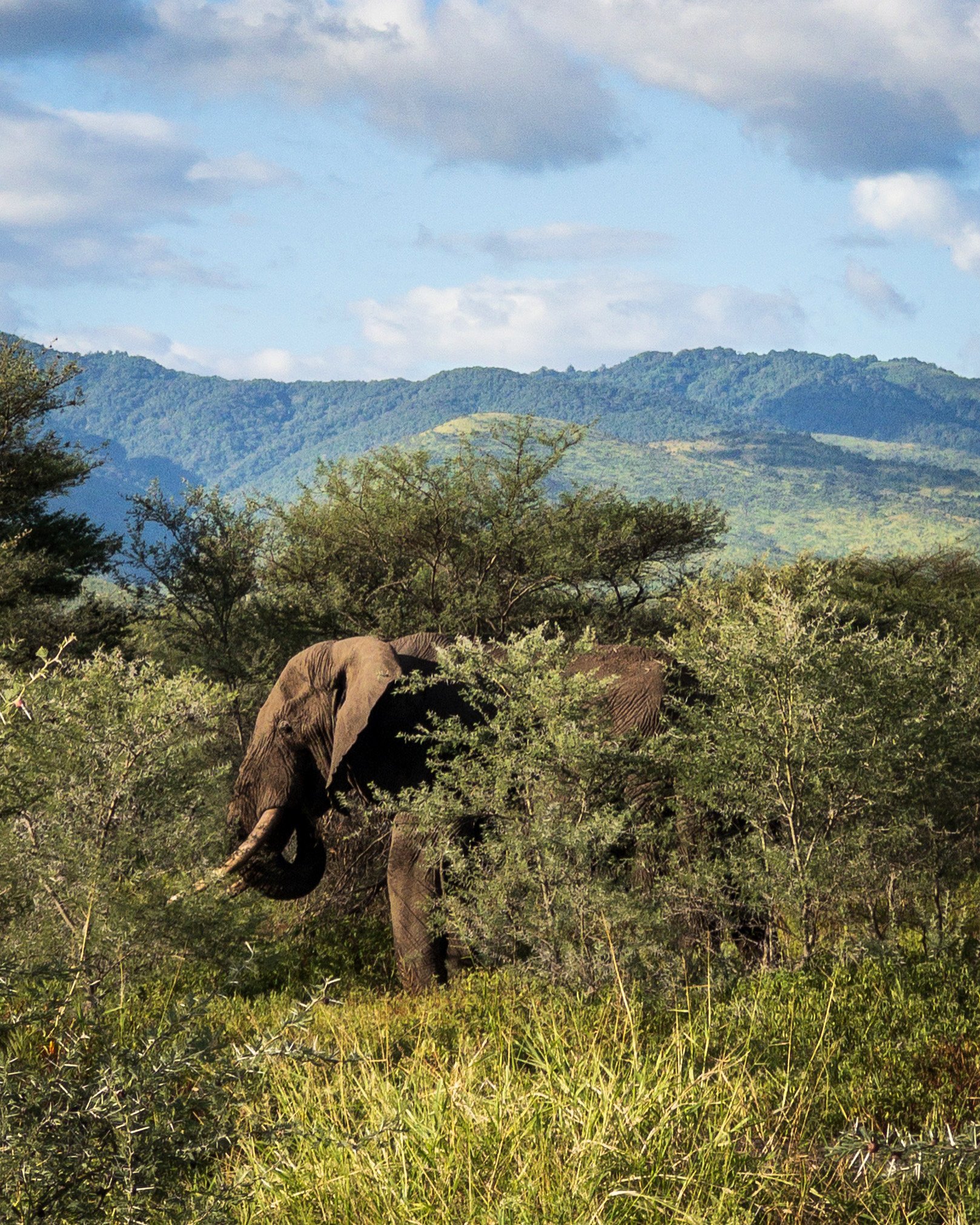
TANZANIA
COUNTRY #28
DUNTLUU


About The Hadzabe
The Hadzabe tribe is an indigenous hunter-gatherer community living in the remote areas of northern Tanzania near the shores of Lake Eyasi. While the exact population size is not known due to the semi-nomadic living style of the tribe, estimates suggest around 1,200 individuals are currently part of the Hadzabe. Management of resources and subsistence practices are passed down through family lines and function within the tribe's matrilineal system. They primarily hunt with bow and arrow, fish, gather wild fruits and honey, and supplement their diet with livestock herded by neighboring cattle farmers. There is little to no access to outside food or technology within their habitat. Their preservation has proven successful but remains at risk due to encroaching wildlife poaching adjacent to Hadzabeland, as well as the expanding tourism industry found in Arusha National Park nearby. With their unique customs, culture, traditions and language being passed down through generations, UNESCO awarded the Hadzabe with an International Safeguarding Status in 2019 in support of keeping these tenacious ancestral practices alive.

About Tanzania
Tanzania is a country located in East Africa and has numerous intricate cultural ties to its African and Indian Ocean neighbors. The area was initially settled as early as the Stone Age, but the first permanent settlements developed around about 200 AD with an influx of migrating peoples. Over time, indigenous tribes and Bantu-speaking individuals populated the region and established several different city-states throughout history. This eventually led to the rise of independent Sultanates in the mid-1200s, which stayed in power until European explorers started colonization during the 19th century. After World War I, Germany ceded control of mainland Tanzania to Britain through a League of Nations mandate. Finally, after over 60 years under British rule, Tanzania declared their independence in 1961 and became a multi-party republic in 1992 with their first democratic elections occurring that same year. Today, it is one of Africa's largest economies with bustling cities and a thriving tourist industry boasting stunning travel attractions like Mount Kilimanjaro, Serengeti National Park, and Zanzibar Island.

TRAVELOGUE
Chapter 28: Tanzania
Coming Soon…



